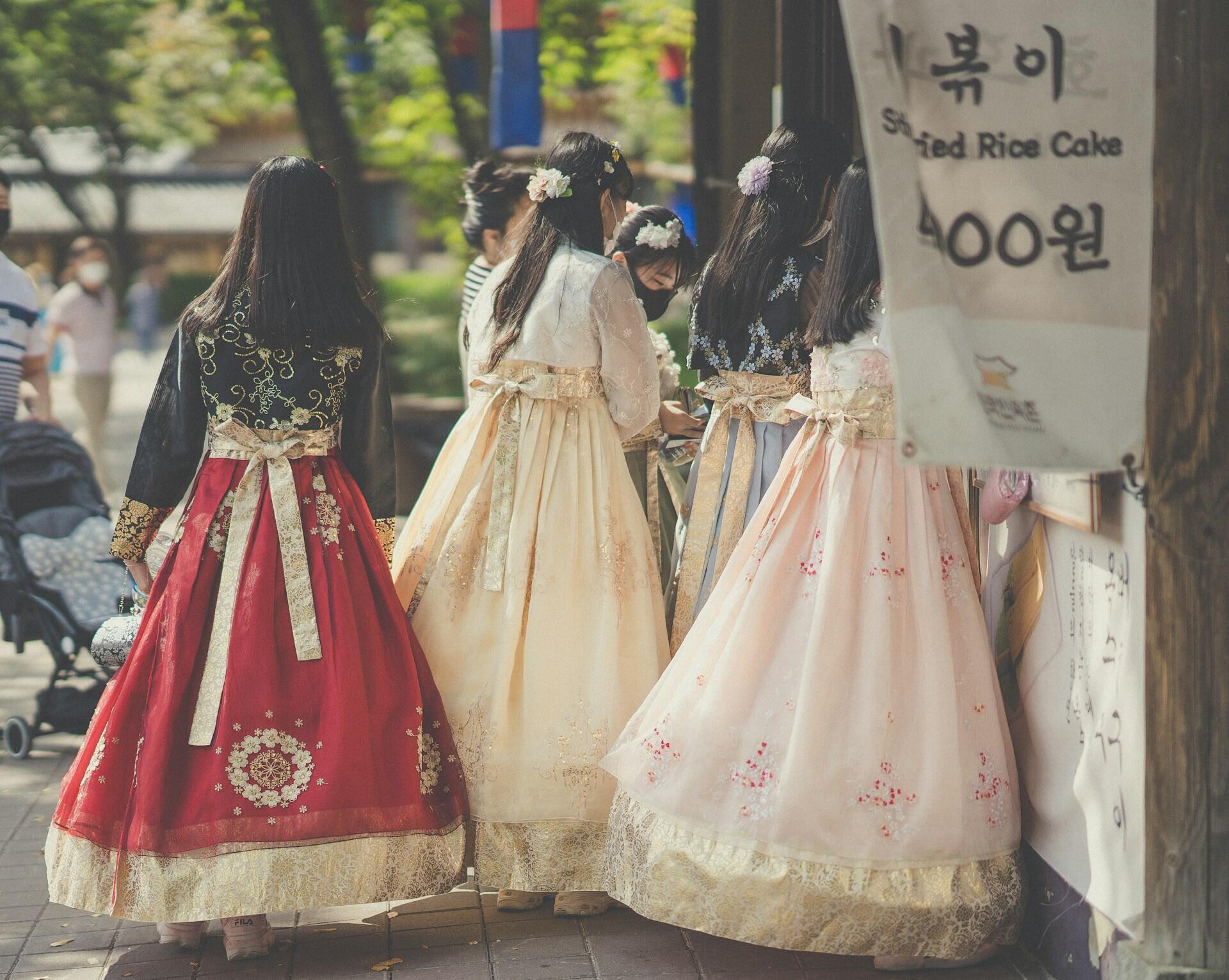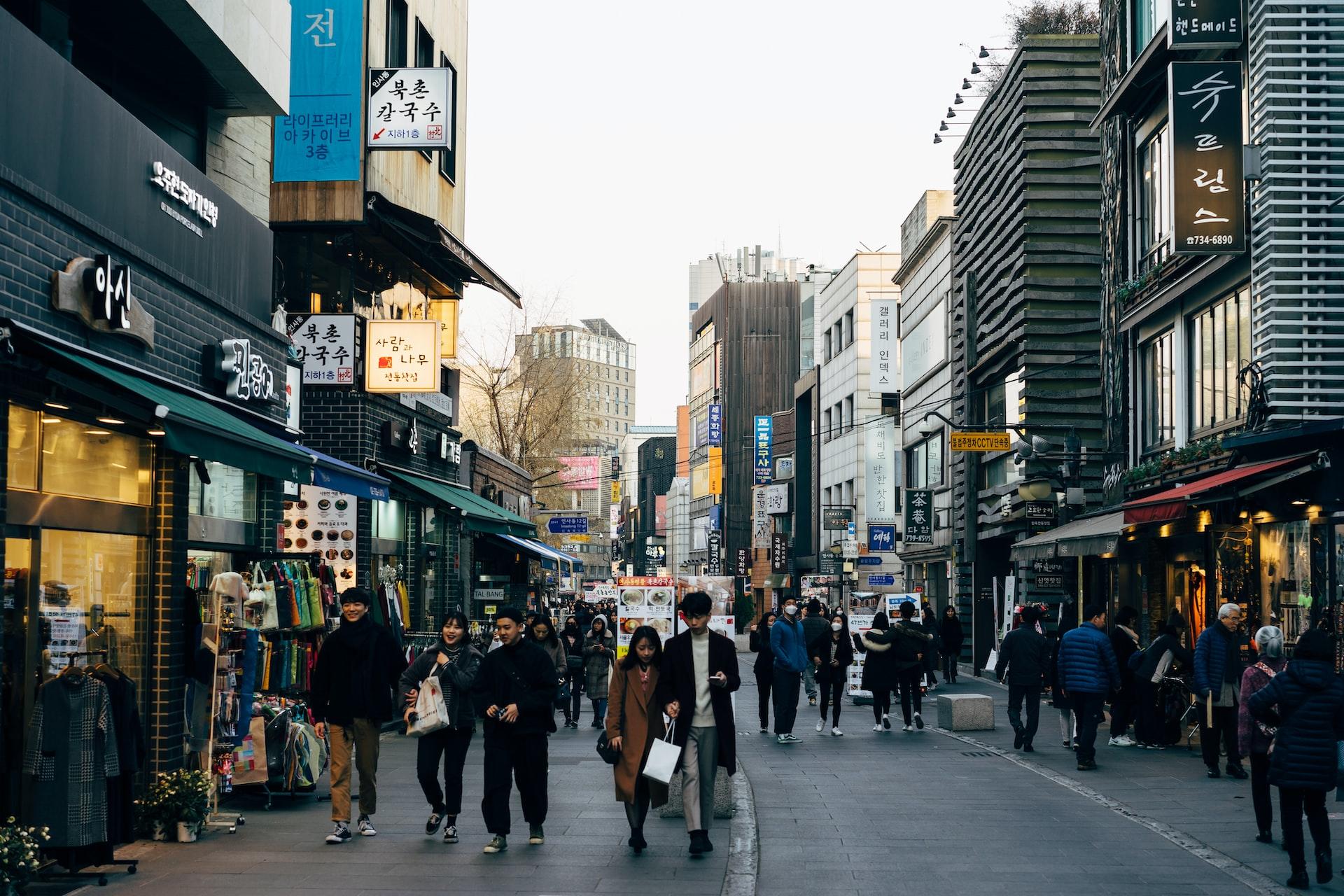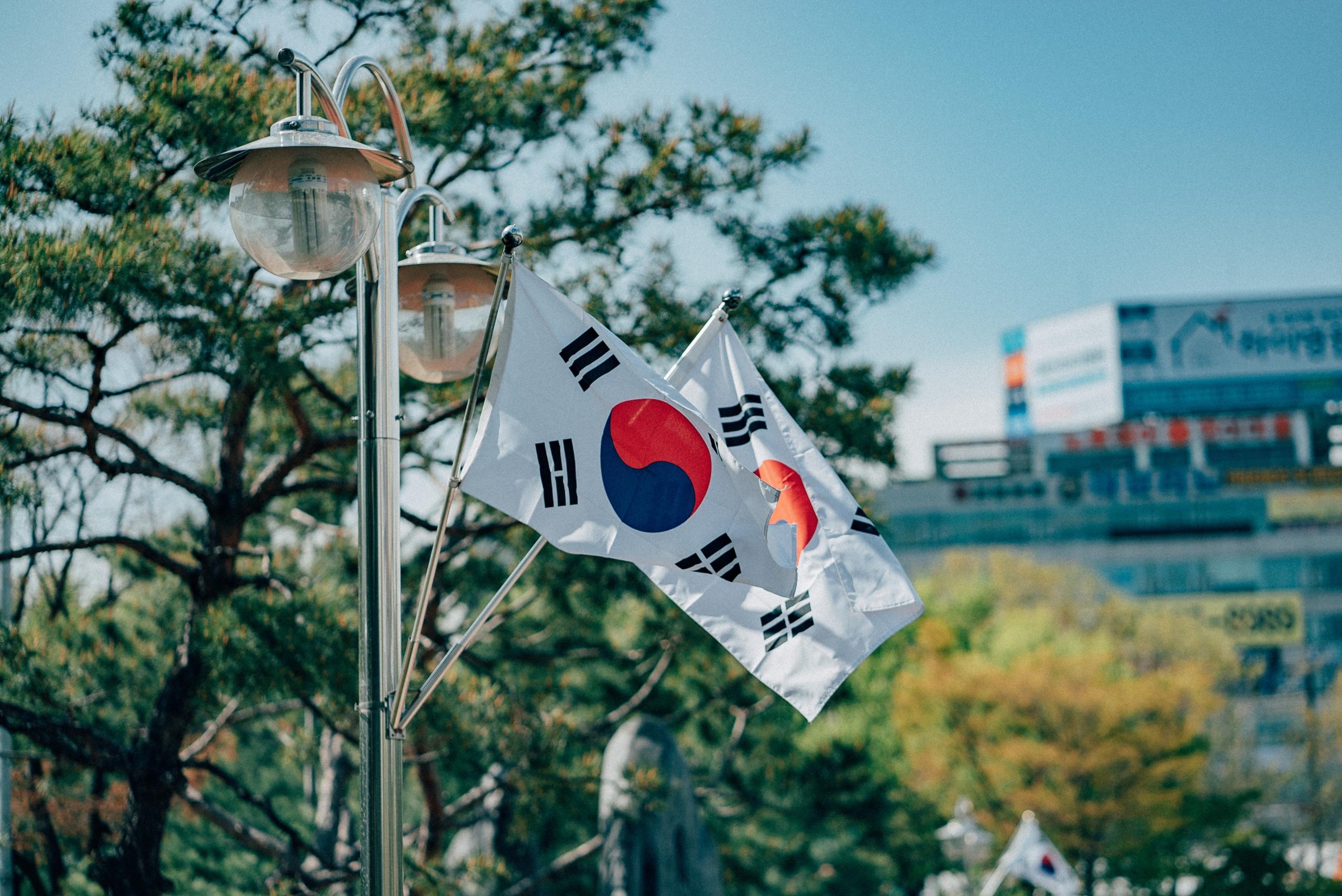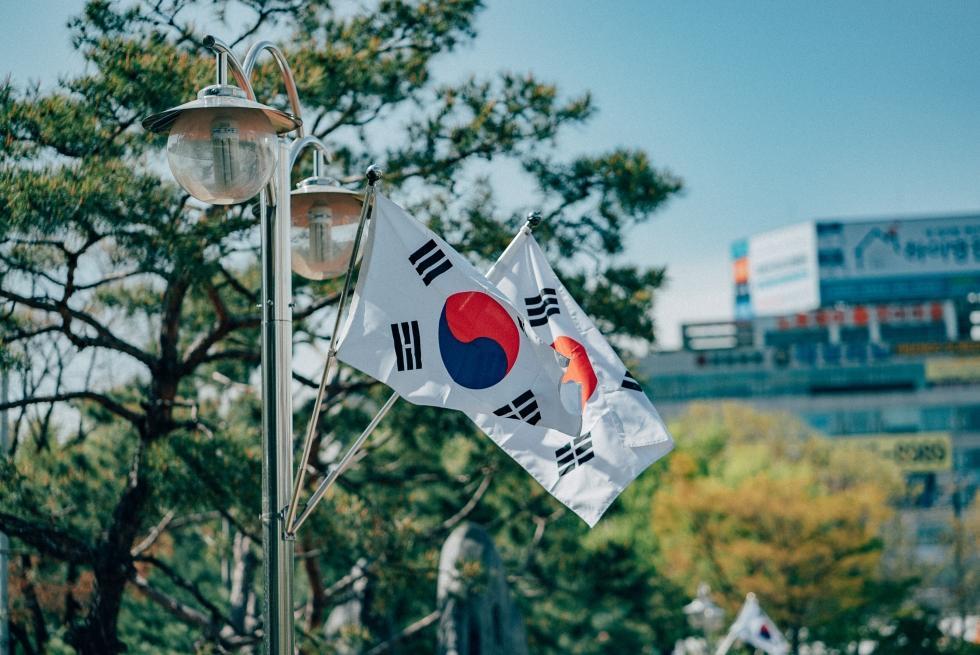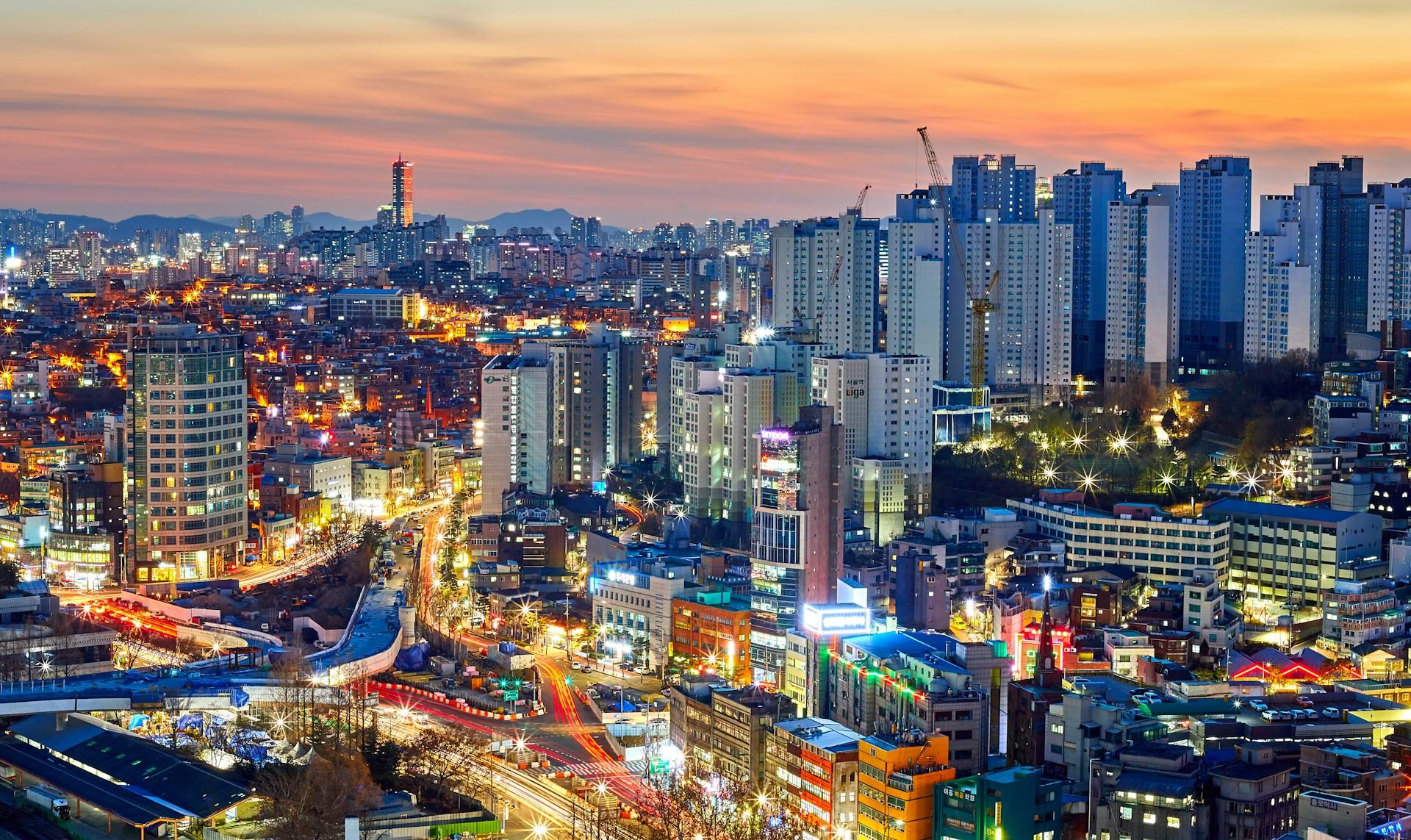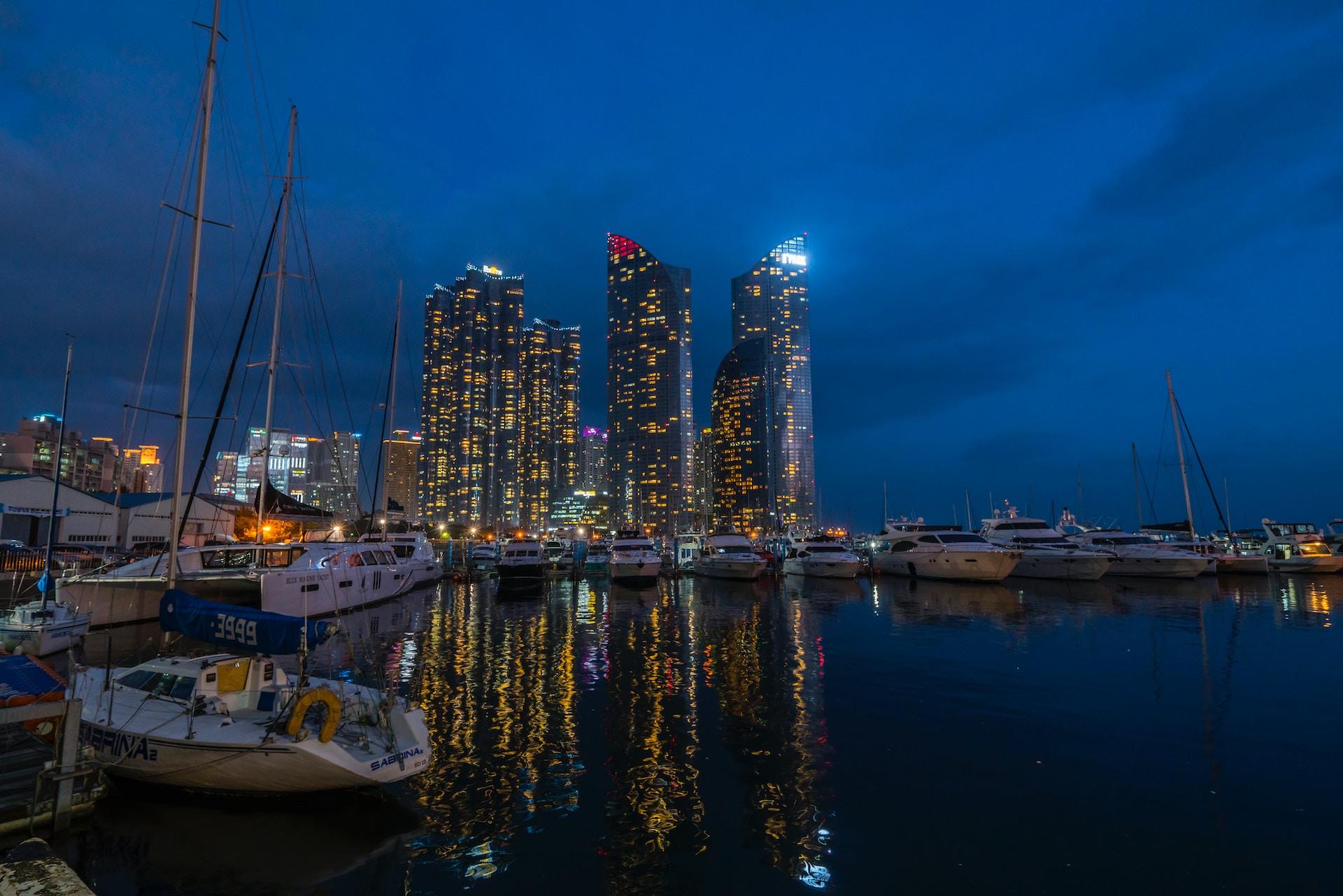What do Celine Song (director of Past Lives), Mark Lee (member of the K-pop group NCT), and Maggie Kang (director of K-pop: Demon Hunters) have in common? Apart from being Korean Canadians who have made a name for themselves in the entertainment industry, they are also part of the Korean diaspora that has grown in Canada as a result of the Korean immigration wave, which began in the 1970s and accelerated during the 1990s. 1
Here's a general historical timeline of Korean immigration to Canada, featuring some important milestones. 2
1940s
Small number of Korean seminary students came to Canada, only a few settled down after their completing their studies
1960s
The growth of Korean immigration to Canada due to the reform of Canadian immigration laws
1970s-1980s
Beginning of the Korean immigration wave to Canada, with records of 35,731 arriving by the end of the 1980s
1990s
Koreans made up the fifth-largest immigrant group in Canada
2013
Official record of 205,993 Koreans living in Canada based on the South Korea’s Ministry of Foreign Affairs and Trade
Throuhout the years, the Korean Canadian community has continued to preserved their local culture and integrate them through different elements across generations., whether it's in terms of their traditional food, traditional celebrations like Seollal (Lunar New Year) and Chuseok (Harvest Festival), traditional music and dance, outfit (like the Hanbok), and most importantly, the Korean language (한국어).
In this article, we'll be review the significance of the practice of Korean culture in Canada and how embracing it can enrich our Korean learning experience.

🎎Korean Festivals and Cultural Celebrations Events in Canada
In Canada, the practice and appreciation of Korean culture is no longer confined to the local Korean community, but also by people from other backgrounds. Thanks to the Hallyu wave, the Korean culture has gained massive popularity and is being reshaped and enjoyed through the global lens.

Let's start by exploring the three most popular Korean festival-related celebrations in Canada.
🎉 Toronto Korean Festival (TKF)
A vibrant annual event since 2000, the Toronto Korean Festival is organized by the Korean Canadian Business Association (KCBA). The latest 2025 TKF was held during August 22–24, 2025 at Mel Lastman Square (5100 Yonge St, North York) in Toronto.
Some of the festival's key highlights and programmes include the following:
Exclusive stage performances featuring K-pop dance and singing competitions
Showcase of traditional Korean wedding demonstration by the Korean Royal Hanbok Team
Massive event and K-food booths where visitors can taste traditional Korean and fusion dishes
🎉 Korean Cultural Heritage Festival
This festival is hosted annually by the Korean Cultural Heritage Society, a non-profit organization that is absed in Vancouver. With a great focus on culture and community, the latest 2025 Korean Cultural Heritage Festival took place during July 19, 2025 at Swangard Stadium, Burnaby, attracting a great crowd.
🎉 Ottawa Korean Film Festival (OKFF)
From the iconic "Oldboy" by Park Chan Wook to the award-winning movie "Parasite" by Bong Joon Ho, the South Korean film industry has been steadily gaining prominence among movie lovers across the globe.
The portrayal of Korean characters paired with the exquisite and emotionally delicate Korean storyteling is a huge symbol of Korean culture representation - with every dialogue reflecting the multidimensional Korean society.
Parasite is the first non-English film to win a Best Picture Oscar, and also the Palme d'Or, the highest award of the Cannes Film Festival.
That's why the Ottawa Korean Film Festival has been running strong since 2017, where it offers movie lovers an epic treat featuring a showcase of different themed Korean movies for free, both in theatres and online. It is an annual event organized by Korean Cultural Centre Canada. You can check out the latest updates and official screening times via their official website.
🎧 Learning the Korean Language Through Cultural Immersion
One of the most common misconceptions about learning a new language, such as Korean, is that you must travel to South Korea to master it. In reality, it’s entirely possible to create a culturally rich and immersive language-learning experience right here in Canada through various activities, such as participating in cultural events (as mentioned earlier), immersing yourself in native speaker environments through Korean learning apps, or enrolling in a structured language learning course or program. 3
📖 Language Courses and Educational Programs
Depending on your learning goals and interests, you can opt for regular language courses at a language school or a full-fledged academic program at a local university. Here are some recommendations on where to enrol for Korean language courses or programs in different locations in Canada:
Language school short courses
- Flexible, part-time courses, open to different age groups (kids to adults)
- Examples: Korean Canadian Schools Association
- Grace Korean Language & Culture School
Language programs (universities)
- Structured, full-time credit courses, open to students pursuing a language degree
- Examples: Carleton University- Minor in Korean under the School of Linguistics and Language Studies, and also Korean Culture course
- The University of British Columbia (UBC): 4-year undergraduate program
- University of Prince Edward Island -Minor in Korean Studies
Important Tip: If you are looking for casual learning (as a hobby or for personal development), you can opt for Korean short courses. On the other hand, if you are thinking of learning Korean for professional development (to study or work in South Korea one day or at a South-Korean-based multinational company like Samsung or LG in Canada), you should consider taking a full-time language program at a local university.
Professional teachers, materials and environment are great. Besides studying Korean language, there are many cultural activities open for whoever interested.
Catherine Cheng (Google Reviews) on King Sejong Institute in Montreal(몬트리올세종학당)
🏙️ Community Centers and Cultural Associations
Of course, we cannot miss out on the role of community centers and cultural associations to offer insights into Korean culture integration and language education. Throughout the year, you'll find many engaging activities and programs to promote cultural exchange among residents. Here are some examples:
Korean food cooking classes, exhibition of Korean paintings, and Korean language courses (online and in-person)
Annually organizes the Korean Cultural Heritage Festival to promote Korean cuisine, music, and dance
Organizes linguistic exchange workshops, K-culinary workshops, and street food tasting
These places act as a bridge across different communities and generations in Canada, in terms of promoting cultural preservation and education, and improving intercultural dialogue, which allows all Canadians to experience the diversity of Korean culture and interest to learn the language too.
For instance, if you love exploring and making Korean cuisine, you can learn the names of Korean dishes like bibimbap (비빔밥), kimchi (김치), tteokbokki (떡볶이), and kimbap (김밥), as well as common expressions used during meals.
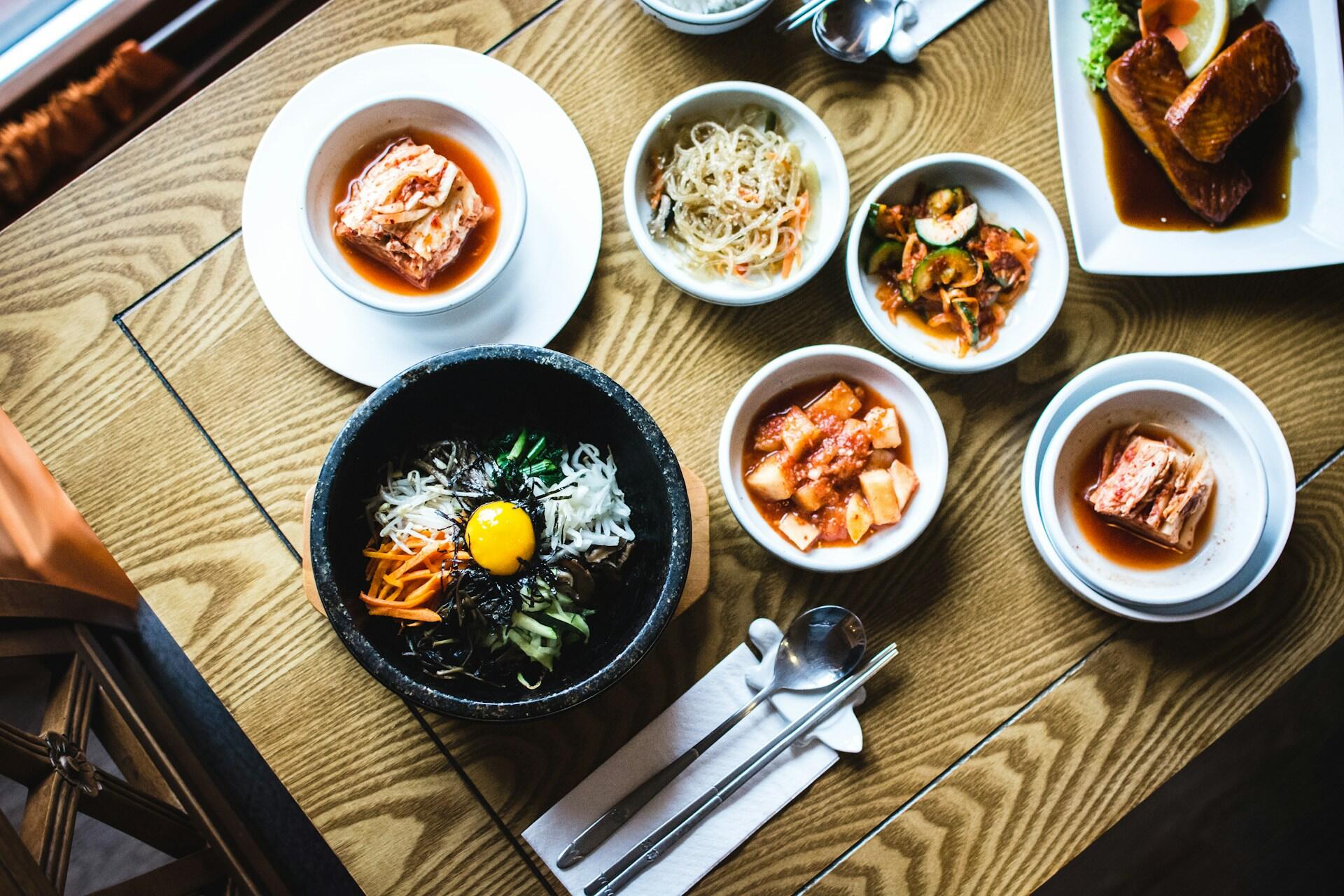
📱 Online Resources and Digital Platforms
Apart from taking language courses and programs at an institution, many language learners in Canada also utilize various online and digital platforms to enhance their Korean language learning journey.
For instance, some learners turn to an AI-generated language practice tool like Talkpal to practice their Korean during their spare time, while some learners go on Instagram or YouTube to watch engaging teaching reels and videos by language content creators.

Think of it as another way to experience cultural immersion, in a more accessible and flexible manner!
Digital resources are a great way to supplement the conventional traditional language learning method because they allow anyone to learn anytime and anywhere. It's cost-effective and time-effective in the long run. Additionally, digital resources are designed to cater to different learning paces and levels.
You can enjoy personalized learning where you can skip lessons or repeat certain lessons until you have fully mastered the whole chapter or learning topic.
👘 The Impact of Korean Traditions on Language Acquisition
Let's be honest. Language learning has its ups and downs. But what keeps us going far goes beyond the technicality, but rather the emotional and cultural connection that we develop towards the language along the way. An appreciation of Korean culture and traditions enables us to appreciate the beauty, history, and aesthetics of the Korean language as a whole.
A language is not just words. It’s a culture, a tradition, a unification of a community, a whole history that creates what a community is. It’s all embodied in a language.
Noam Chomsky, American professor on language acquisition
🏮 Traditional Arts and Crafts
Whether it's music, dance, literature, or crafts, there's so much we can learn from Korean traditional arts. For instance, there's Korean traditional music such as Pansori (판소리, narrative singing).
Additionally, there's also an exclusive music genre called traditional Korean vocal music (국악, Gugak), which centers around emotional storytelling through expressive vocals. One notable example that incorporates Korean vocal music is Arirang (아리랑). 4
UNESCO listed Arirang as one of the Representative List of the Intangible Cultural Heritage of Humanity (2012)?
Apart from singing, there are also Korean traditional dances like the ike Buchaechum (fan dance) or Talchum (mask dance), which reflect historical traditions and engaging costumes. You'll find that many cultural centers often organize dance workshops or exhibitions, like the one shown below.
Finally, you can deepen your love for the Korean language by diving deep into Korean literature, whether it's fiction or poetry. Reading Korean language books is a great way to improve your vocabulary and help you understand the sentence structure and linguistic of Korean language comprehensively.
We hope you have found this article insightful. If you want to learn Korean with a private tutor, just head to Superprof Canada to start browsing a wide selection of Korean tutors near you. Have fun exploring Korean culture and the Korean language!
References
- Heritage, C. (2025, May 1). Significant events in the history of Asian communities in Canada. Canada.ca. https://www.canada.ca/en/canadian-heritage/campaigns/asian-heritage-month/important-events.html
- Korean-Canadian History - Explorasian - VAHMS. (n.d.). Explorasian - VAHMS. https://explorasian.ca/learn/education/korean-canadian
- Verbalplanet. (2023, June 12). The importance of cultural immersion in learning a foreign language and how to create an immersive language learning experience. https://www.verbalplanet.com/blog/cultural-immersion-in-learning-a-foreign-language.asp
- Arirang, lyrical folk song in the Republic of Korea - UNESCO Intangible Cultural Heritage. (n.d.). https://ich.unesco.org/en/RL/arirang-lyrical-folk-song-in-the-republic-of-korea-00445#:~:text=%C2%A9%202012%20by%20Cultural%20Heritage,by%20ordinary%20Koreans%20throughout%20generations.
Summarize with AI:

